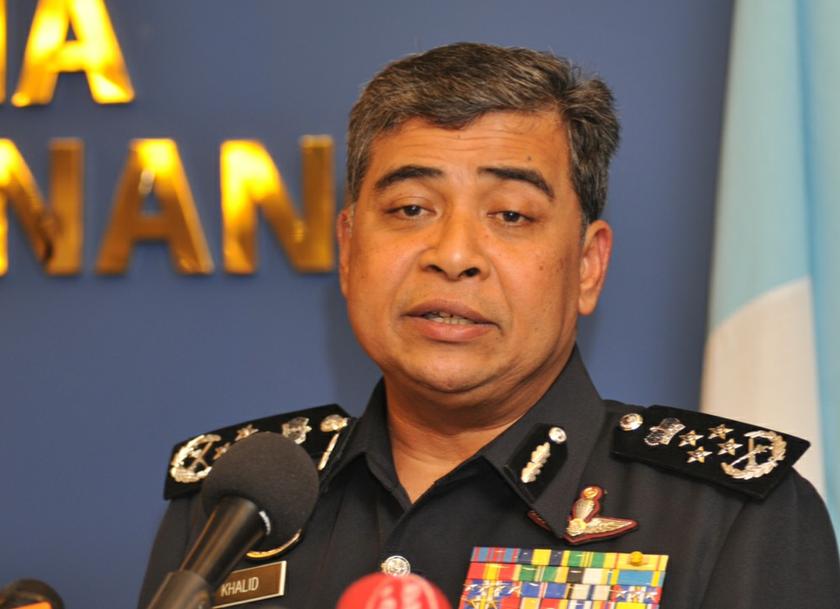PETALING JAYA, Dec 19 — A full-scale investigation has been launched by the police’s Counter Terrorism Unit to find out if the man arrested for trying to join the Islamic State (IS) terror group had influenced National Service (NS) trainees while he was a trainer in Pahang.
Police are also looking into whether there are other militant elements in NS camps.
Inspector-General of Police Tan Sri Khalid Abu Bakar said investigations were focused on ascertaining if the suspect had influenced anyone in the camps he had served in to join IS, especially the trainees under his supervision.
Khalid said the suspect was attached with the NS Training Department in Kuantan, Pahang, as a trainer and resigned last year.
“We are establishing if he played a role or attempted to recruit his co-trainers and staff. There is a possibility that he had shared his ideology with the trainees,” he said.
Khalid said police were not only checking the NS camp in Kuantan, but also other camps throughout the country.
He said the 30-year-old suspect from Terengganu had decided to join IS after interacting with the militants via Facebook.
“The suspect communicated with militants who returned home from Syria and with those who are still there,” Khalid said.
He said the suspect, who was detained on Wednesday morning by officers from the Counter Terrorism Unit at KL International Airport, had constantly communicated with Kedah-born IS militant Md Lofti Mod Ariffin, who was killed in Syria on Sept 14.
He said investigations showed the suspect was strongly influenced by the militants he communicated with and gathered information from the group on how to enter Syria via Turkey.
Khalid said the suspect was planning to get married with a Malaysian teacher in a Southeast Asian countries before leaving for Syria.
“We are gathering information on the woman and if he had planned to take her to Syria as well,” he said.
Khalid said Brunei was not the only transit point for IS suspects as they used various Southeast Asian countries as transit points.
“Previously, they did not stop at Southeast Asian countries. Instead, they headed straight to the Middle Eastern countries before making their way to Syria. Their travel pattern now has changed to avoid detection,” he said,
When asked about the worrying trend of civil servants involved in militant activities, Khalid said: “I won’t say it is a worrying trend as there are not many civil servants compared to the involvement of non-civil servants.”
Since February last year, police have charged 21 people with channelling funds and travelling to Syria to support and aid the IS.
NS Training director-general Datuk Mohmed Asri Yusof said the department was not responsible for someone who no longer worked with them.
“The trainer involved is no longer attached with the National Service,” he said.



















